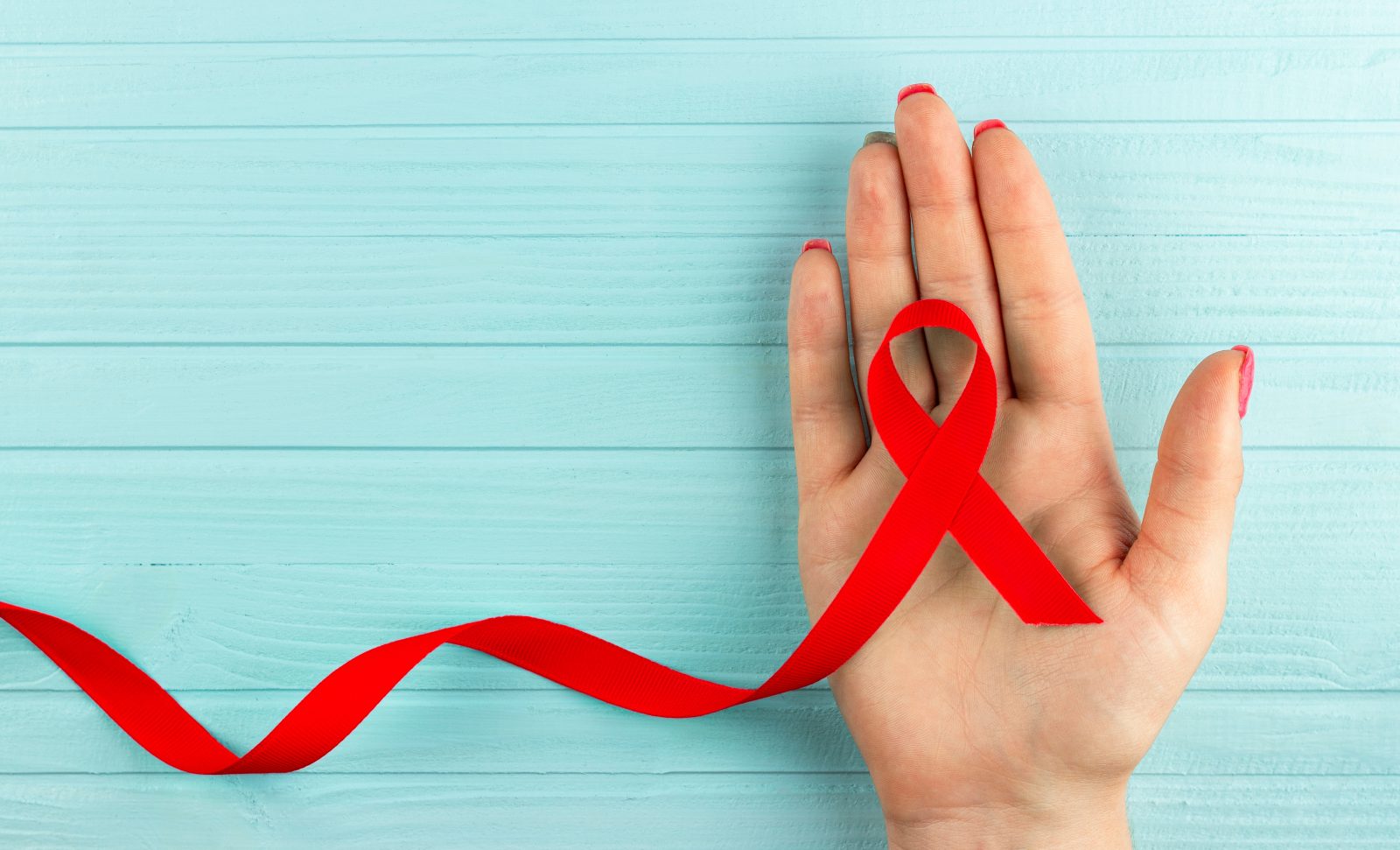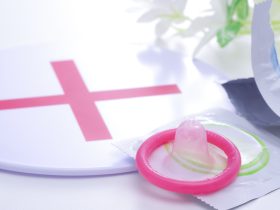Human immunodeficiency virus (HIV) patients must take extra care to maintain a healthy immune system. HIV attacks CD4 lymphocytes, often known as T cells, and destroys them.
Acquired immunodeficiency syndrome (AIDS) is a condition in which the immune system is severely compromised because the number of T cells in the body has dropped dangerously low in HIV-positive patients. Consistently taking HIV medication is essential. The immune system can also benefit from your efforts to improve your physical fitness.
Receiving appropriate medical care for HIV is essential. These tips can assist in ensuring that your therapy is successful and in maintaining the health of your immune system.
1. Drink alcohol moderately and avoid drugs
Using drugs and alcohol when you have HIV might further impair your immune system. According to HIVinfo, alcohol and drug abuse can cause damage to the liver, which plays an important role in detoxifying the body. The Centers for Disease Control and Prevention (CDC) warn that unsafe sexual activity and failing to take HIV medications as recommended might result from the use of recreational substances and alcohol. Certain recreational substances can interact fatally or negatively with HIV medications. The HHS recommends one drink per day for women and no more than two drinks per day for men if alcohol consumption is desired.
2. Avoid stress or reduce it
If you want to maintain your health and well-being while living with HIV, stress management must be an integral element of your treatment plan. Stress has been demonstrated to have a negative impact on immune system performance. Stress may interfere with a person’s regular routines, including eating and sleeping. Yoga, meditation, working out, and talking to a therapist are all excellent methods for dealing with stress. Get your doctor’s approval before beginning any new fitness routine for optimal benefits.
3. Healthy eating for good nutrition
When you have HIV, maintaining a healthy immune system through proper nutrition is important. Protein, which can assist in the development of muscle, can be found in foods such as fish, beans, and nuts. According to the Academy of Nutrition and Dietetics, consuming an adequate amount of protein is of utmost significance, as is consuming adequate quantities of calories derived from carbohydrates and healthy fats. Consuming a large number of fruits and vegetables can not only supply the body with the vitamins and minerals it needs, but it can also help you feel more full.
4. Try acupuncture to relieve symptoms
Complementary and alternative medicine therapies are used by many people living with HIV to alleviate symptoms and counteract the negative effects of conventional medicine. Particularly, the process of placing very thin needles into specific sites on the body, known as acupuncture, may help relieve certain types of chronic pain. Acupuncture has been demonstrated to raise CD4 cells in people with cancer, according to CATIE, a Canadian resource for HIV information, but there have been no studies indicating that it does so in people with HIV.
5. Tooth care and oral hygiene
According to the National Institute of Dental and Craniofacial Research, those living with HIV have an increased risk of developing oral health issues. Oral warts, fever blisters, thrush, and canker sores are more common and harder to treat in people with HIV because the virus weakens the immune system. Dry mouth is a common problem for those living with HIV/AIDS, and it can worsen dental health and make eating and swallowing difficult. You should see your dentist at least once every six months, or more often if necessary, as recommended by the American Dental Association.
6. Take your medication on time and consistently
Make sure that you continue to adhere to the prescribed therapies for your condition and that you take all of your necessary medications at the times that are indicated. If you miss doses of your HIV medication or don’t take it at the authorized times, HIV is allowed to grow, and increased levels of HIV in your body (what’s called viral load) further damage your immune system.
7. Always monitor your skin and don’t ignore changes
The presence of a severe skin illness that does not improve with treatment should always be taken seriously. Johns Hopkins Medicine reports that HIV patients frequently experience numerous or long-lasting skin disorders. This is due to the increased susceptibility to other infections as well as inflammation. HIV drugs frequently cause skin reactions, including rashes. So keep a close eye out for any changes in your skin and have any skin issues checked out right away.
8. Travel safely abroad
When traveling internationally, those living with HIV must take special care. Focus on the quality of the water and food you’re consuming in particular. People with HIV are particularly vulnerable to the serious consequences and even death that can result from food-borne infections. The Centers for Disease Control and Prevention warn that visitors to developing nations may be more vulnerable to opportunistic diseases. Talk to your medical team about any immunizations or preventative medications you may need, and make sure you have enough of your HIV drugs at least four to six weeks before you leave on your vacation. Find out what kind of medical coverage you have while abroad by checking your insurance policy.
9. Enhance your HIV knowledge
Acquiring as much information as you can about HIV and AIDS can empower you to take charge of both your health and your future. Talk to your primary care physician first. Visit websites run by the government, such as the CDC and the HIVinfo website run by the HHS, as well as the HIV/AIDS Center on Everyday Health. Support groups, both in-person and virtual, can be an invaluable resource for gathering first-hand accounts and perspectives from individuals living with HIV or AIDS.
10. Visit your gynecologist regularly
It is especially important for HIV-positive women to have regular Pap screenings because the National Cancer Institute reports that HIV increases a woman’s chance of acquiring cervical cancer. The Office on Women’s Health of the United States Department of Health and Human Services recommends that HIV-positive women obtain a Pap screening at the time of diagnosis and again a year later; however, some experts urge getting a second Pap test within six months after the first. Because of the increased risk of recurrent and severe yeast infections and pelvic inflammatory disease in women living with HIV, it is imperative that you report any symptoms you may be experiencing to your doctor as soon as possible.
Living with HIV requires a holistic approach to health. By prioritizing medication adherence, healthy lifestyle choices, mental well-being, and a supportive network, you can live a fulfilling life while effectively managing your condition.
















Find Us on Socials